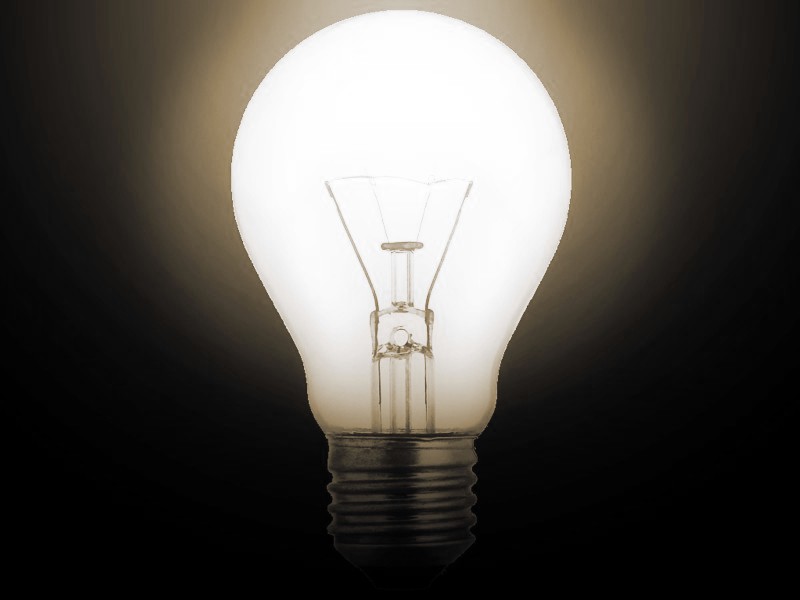
One of my favorite things about fall is that it presents the opportunity to save money on your home energy costs. You can open windows to cool the house down and can usually use methods indoors to avoid kicking the heat on. However, before you try to start saving money on your home energy costs, you may want to perform a home energy audit to get an idea of how energy efficient your house is.
How to Audit Your Home Energy Usage
Performing a home energy audit sounds a lot more difficult than it actually is. There are a few things you can check and fix yourself to get your home ready for the colder months.
Locate Leaks (water and air)
Reducing drafts in your home can reduce your home energy cost by 10% to 20% each year. To check for “air leaks” or drafts, ensure that your baseboards are secure and without holes. You should also check for cracks at the junctures of ceilings and walls. You can also check windows, doors, fixtures, switches and electrical outlets. If you have a fireplace, you’ll want to check that for dampers as well.
Check Your Insulation
In older homes especially, insulation can need to be replaced. Replacing insulation in your home could greatly reduce your home energy cost over the winter by reducing the amount of time your heat is running. Having better insulation will improve your home’s ability to maintain temperature without any additional energy. Don’t forget to also check attic spaces and crawlspaces to determine whether added insulation in those places will help your home energy cost. Read why you shouldn’t continuously adjust the thermostat.
Inspect Your Heating and Cooling System
Like many other household appliances, your furnace and air conditioner get old and break. As those appliances get older, they can also lose their energy efficiency. If your unit is 15 years old or more, you should consider replacing it to maximize efficiency and reduce energy cost in your home. Additionally, if your unit is nearing its 15th year, start saving for a new unit!
Change Out Your Bulbs
A few years ago, everyone was switching to LED bulbs to save money on energy costs at home. If you decide to switch your bulbs to energy efficient bulbs it can save you a ton of money. Lighting accounts for about 10% of your overall electric bill so switching to LED can actually make a difference.
Inspect Other Appliances
Like your heating and cooling system, other appliances in your home get old and need to be replaced. An old refrigerator, for instance, may cost more to run than a newer model. The newer model of dishwashers, toilets, and showerheads tend to use less water and, therefore, cost less to run/maintain. Consider replacing your old, outdated appliances with new, energy-efficient appliances. This can prove to help you reduce your energy use month-to-month significantly.
These are just a few of the ways you can audit your home to make it more energy efficient. If you’re unsure of your ability to check these things, you may want to hire a handyman to take a look around and give you an idea of what your home energy usage report card looks like. Either way, making the changes necessary to transform your home into an energy efficient one will prove to be beneficial for your wallet.
See something we left out of the home energy usage audit? Comment below!
Leave a Reply